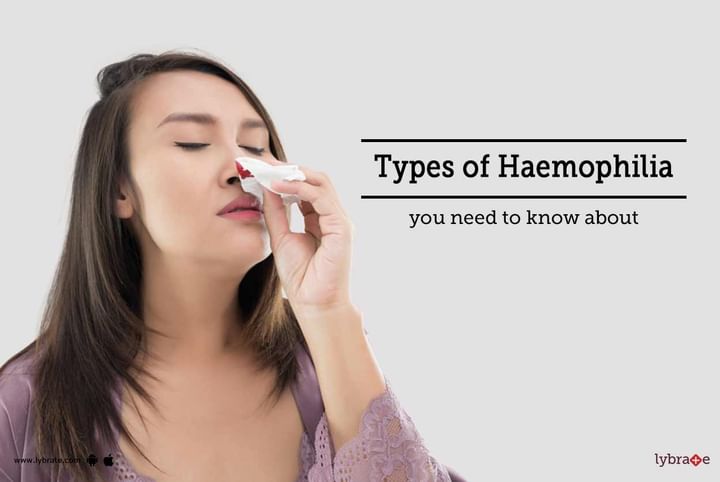Types Of Haemophilia You Need To Know About!
Haemophilia is a disease that is mostly inherited. It is a genetic disorder that impairs your body’s ability to form a blood clot, a process that stops bleeding when an external or internal injury occurs. There are 13 types of blood clotting factors that help the blood clot by working with platelets, which are blood cells that form in your bone marrow. The reports of the World Federation of Haemophilia (WFH) state that almost one in 10,000 people have this disease by birth.
When people start bleeding after being injured and there is no formation of a blood clot, there is an increased risk of continued bleeding for a longer time inside joints or the brain, which can prove to be fatal.
Symptoms of Haemophilia
The symptoms of Haemophilia are as follows:
-
blood in the urine or stool
-
deep, unknown bruises
-
excessive bleeding
-
frequent nosebleeds
-
irritability (in children)
The severity of symptoms depends on the level of clotting factors is in the blood.
Types of Haemophilia
There are three types of Haemophilia, A, B and C. Each type of Haemophilia is the cause of a specific clotting factor deficiency.
-
Haemophilia Type A
Haemophilia A is caused due to a defective or absent Factor VIII protein. Haemophilia A is carried by the X chromosome. If two X chromosomes carrying haemophilia are inherited then the disease takes place in women, whereas only one X chromosome for men. There are three stages of Haemophilia.
Concentrated Factor VIII is given intravenously to treat haemophilia A. Patients who suffer from severe conditions of haemophilia are given prophylaxis on a routine basis to maintain sufficient clotting factor in their blood and prevent bleeding.
-
Haemophilia Type B
Haemophilia B is four times rarer than haemophilia A and is caused due to Factor IX clotting protein deficiency.
In the case of haemophilia B, administration of concentrated Factor IX is the most common form of treatment. In severe cases of haemophilia B, prophylaxis treatment is given to maintain the Factor IX clotting factor.
-
Haemophilia Type C
Haemophilia C is estimated to affect one in every 100,000 people. It is the rarest type of haemophilia because both parents must carry the gene with Factor XI deficiency only then it is passed on to their children. Unlike haemophilia A and B, in case of which both men and women are affected equally. Haemophilia C can be diagnosed with certain blood tests.
The two most common types of haemophilia are haemophilia A and haemophilia B. The lack of a certain factor protein determines the type of haemophilia you have. The treatment is hence different and factor targeted. Look out for the symptoms, get yourself diagnosed and opt for the right treatment.



+1.svg)
